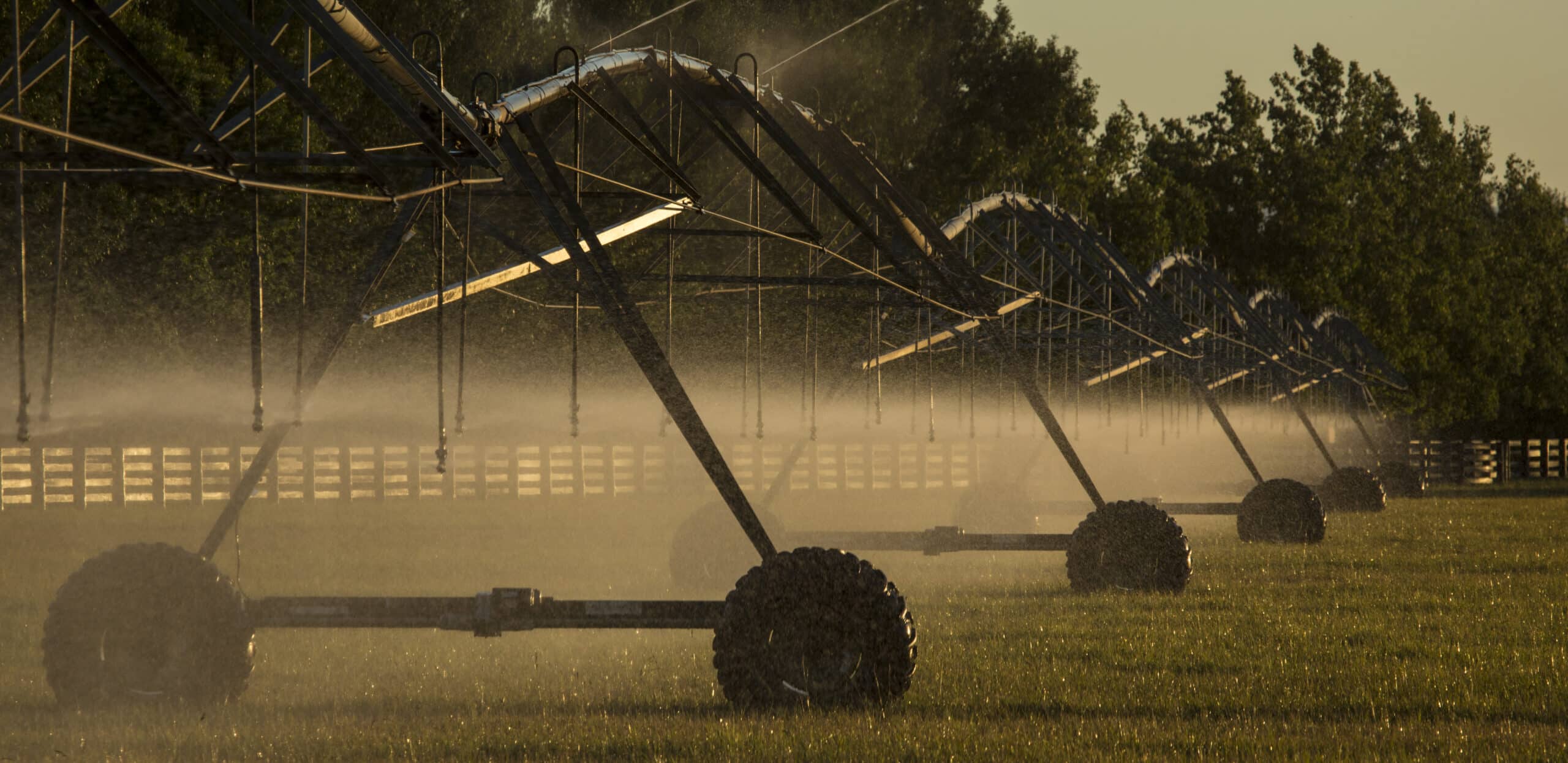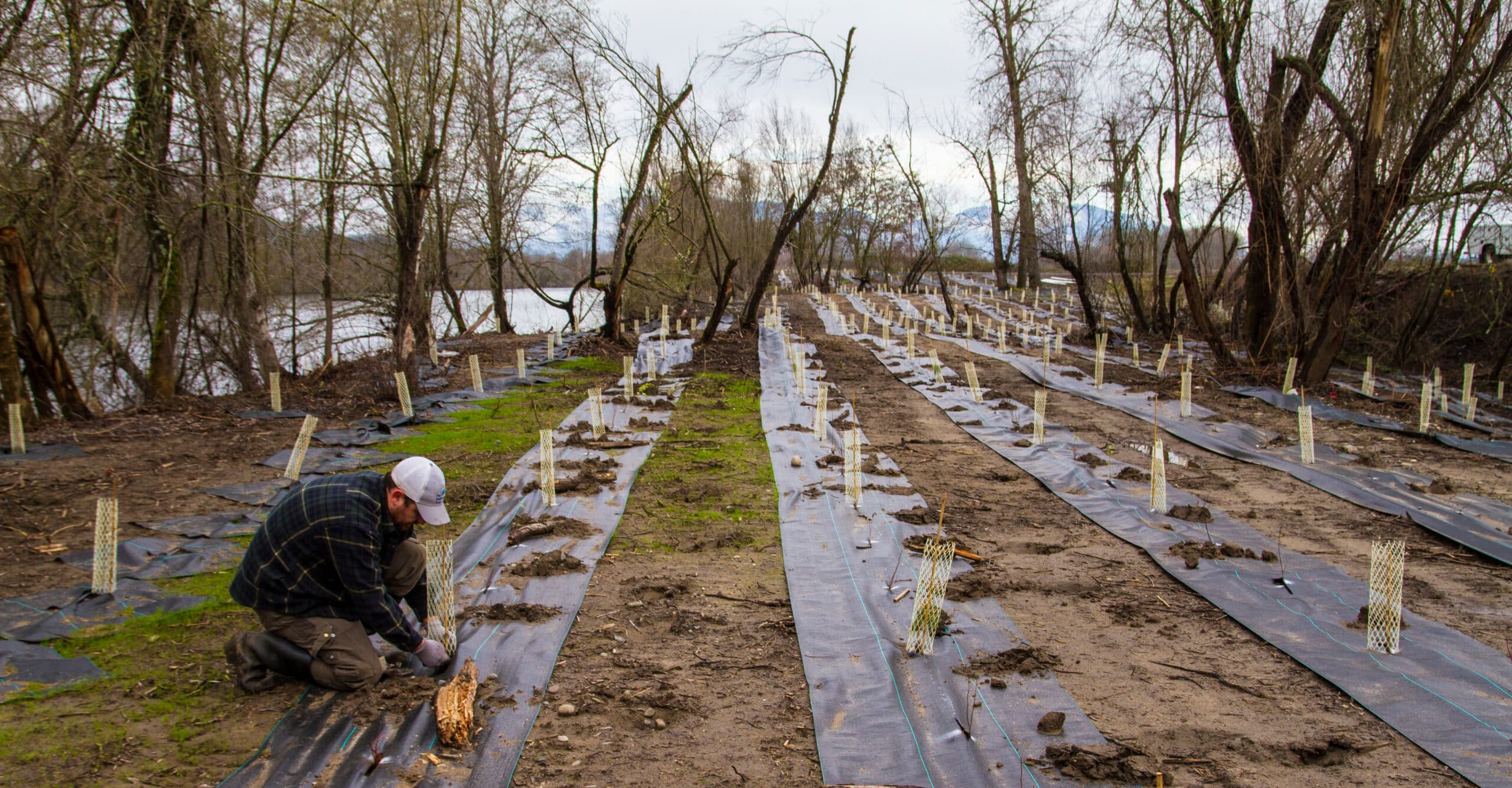World Water Day: March 22
The United Nations dedicated March 22 as World Water Day in 1993. Since then, nonprofits, individuals and businesses across the globe have devoted today to learning about the resource, raising awareness, and taking action for its sustainable management, restoration, and protection.
In honor of the 24th year, we’ve prepared a collection of 24 lesser-known facts about this invaluable resource.
The Freshwater Trust’s hopes for this day are two-fold. First, that you’ll read through these facts, find one or two that resonate with you, and share them widely. Then, make a donation to keep The Freshwater Trust working for water every single day.
As the facts attest, water impacts every sector of the economy. Neither product nor living thing survives without. With your support, The Freshwater Trust develops and implements innovative solutions as powerful and holistic as water itself.
Availability:
- More than half the waterways in the United States are considered impaired under the Clean Water Act.
- Of the 71% of water on Earth, less than 2% is fresh and accessible.
- Over the last 50 years, the global population has more than doubled. By 2025, two-thirds of the world’s population may face water shortages.
- By 2030, the global demand for water is expected to grow by 50%.
- There is more water in our atmosphere than in all of our rivers combined.
Drinking water:
- Tests of nearly 2,000 water suppliers in the United States serving over 6 million people in all 50 states found excessive and harmful amounts of lead.
- One third of what the world spends on bottled water in one year could pay for projects providing water to everyone in need.
Fish & wildlife:
- More than 100,000 species rely on freshwater ecosystems.
- 90% of the global freshwater catch comes from ecosystems that are stressed by “above average” pollution, dam building, and invasive species.
- More than 20% of the world’s known freshwater fish species have become extinct.

Economy:
- In 2016, the World Economic Forum declared water crisis to be the top global risk to society over the next decade.
- 4/5 large cities can improve water quality through upstream forest protection, reforestation and improved agricultural practices.
- $38 billion is spent every year on freshwater health and restoration in the United States.
- More than $450 billion in foods, fiber, manufactured goods and tourism depend on watersheds.
- Half of the world’s workers — 1.5 billion people — are in water related sectors.
Agriculture:
- Pivot irrigation uses half as much water as flood irrigation does through efficient and precise delivery.
- Leasing water rights for environmental purposes not only conserves water, it reduces thousands of pounds of sediment and nutrients from entering streams per year.

Watershed health:
- Watersheds with intact natural land cover and soil resources are capable of sequestering carbon, thereby offsetting greenhouse gas emissions.
- Intact floodplains and riparian areas enable healthy watersheds to be better adapted to more extreme weather patterns and changes in precipitation associated with climate change.
- 1 in 6 gallons of water leak from utility pipes before reaching customers in the United States.
Vegetation:
- Streamside vegetation can decrease solar load by millions of kilocalories a day and prevent hundreds of pounds of harmful chemicals like phosphorus and nitrogen per year from entering rivers and streams.
- One mile of streamside vegetation can block up to 70,000 lbs of sediment from entering the stream per year.

Wastewater:
- The average American uses about 160 gallons of water per day, the average European uses about 50 gallons of water per day, and the average resident of sub-Saharan Africa uses 2 to 5 gallons of water per day.
- Less than 3% of wastewater is currently recycled.
March 22, 2017
#facts #March 22 #World Water Day
Enjoying Streamside?
This is a space of insight and commentary on how people, business, data and technology shape and impact the world of water. Subscribe and stay up-to-date.
Subscribe- Year in Review: 2023 Highlights
By Ben Wyatt - Report: Leveraging Analytics & Funding for Restoration
By Joe Whitworth - Report: Transparency & Transformational Change
By Joe Whitworth - On-the-Ground Action – Made Possible By You
By Haley Walker - A Report Representing Momentum
By Joe Whitworth

